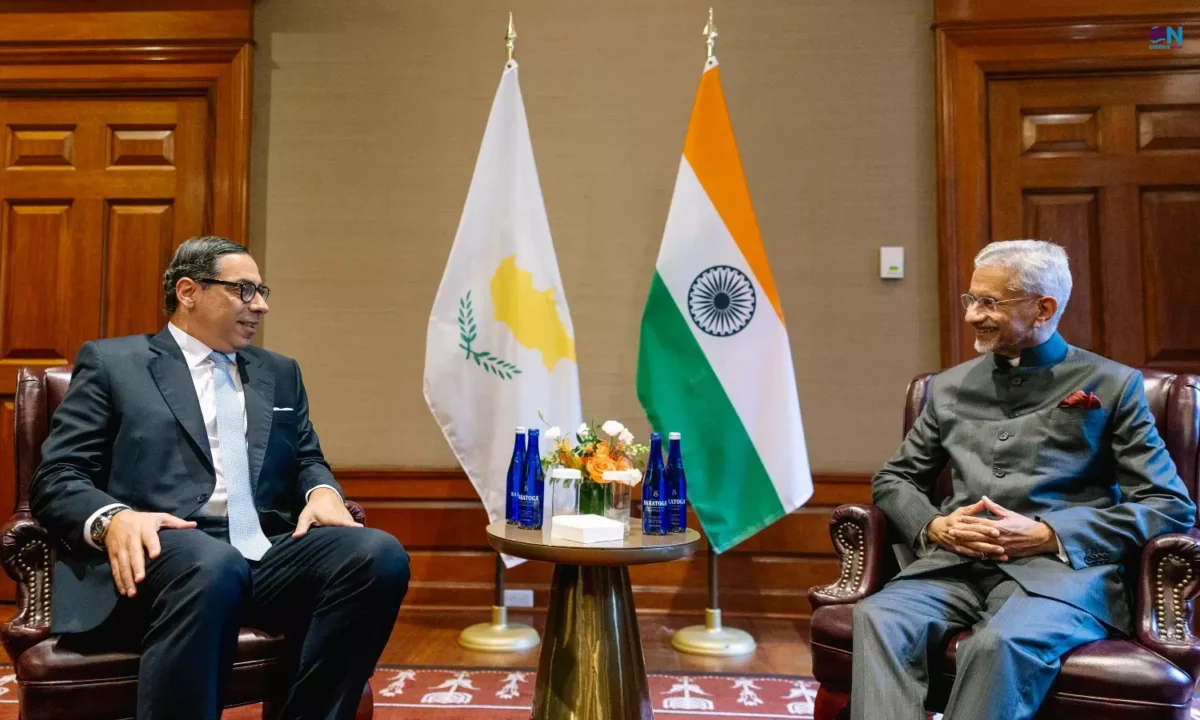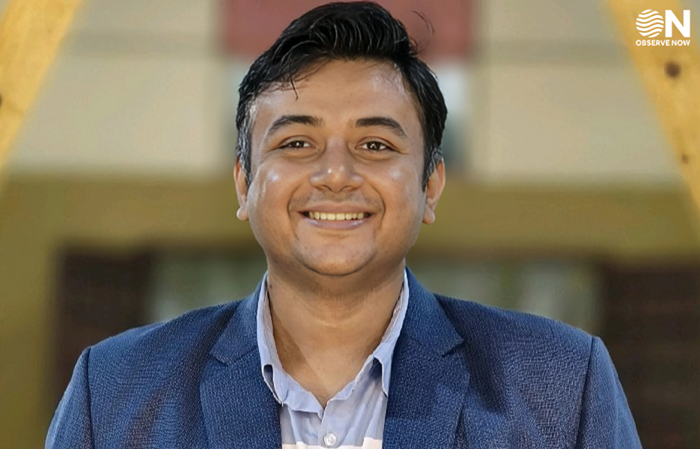Jaishankar Strengthens Ties with Mexico, Cyprus and Pacific Nations at UNGA

External Affairs Minister S. Jaishankar advanced India’s global diplomatic outreach by holding a series of high-level bilateral talks on the sidelines of the 80th United Nations General Assembly in New York. His meetings with counterparts from Mexico, Cyprus, and several Pacific Island nations reflected India’s growing role as a partner of choice across geographies and its emphasis on building multi-layered cooperation.
During his meeting with Mexican Foreign Minister Alicia Bárcena, Jaishankar reviewed the momentum in bilateral ties and stressed the importance of finalising a new roadmap to guide future cooperation. He highlighted that India and Mexico share complementary strengths in areas such as pharmaceuticals, IT, energy, and innovation, and both sides agreed to further strengthen trade and people-to-people engagement.
In his discussions with Cypriot Foreign Minister Constantinos Kombos, Jaishankar underscored India’s historical ties with Cyprus and reaffirmed support for a peaceful resolution of the Cyprus issue based on UN parameters. Both sides exchanged views on enhancing collaboration in sectors like shipping, education, and tourism, while also emphasizing cooperation within the European Union framework.
A key highlight of Jaishankar’s day was his engagement with leaders from Pacific Island countries during the Forum for India-Pacific Islands Cooperation (FIPIC) Foreign Ministers’ Meeting. He interacted with representatives from the Solomon Islands, Tonga, Palau, Tuvalu, and the Marshall Islands, reiterating India’s commitment to supporting climate resilience, renewable energy, maritime cooperation, and capacity building in the Pacific. Jaishankar said India values the trust and goodwill of Pacific partners and stands ready to expand collaboration on sustainable development and connectivity.
The series of meetings showcased India’s diplomatic agility, underlining New Delhi’s strategy to diversify partnerships and strengthen its role in shaping a more balanced and inclusive global order.
















